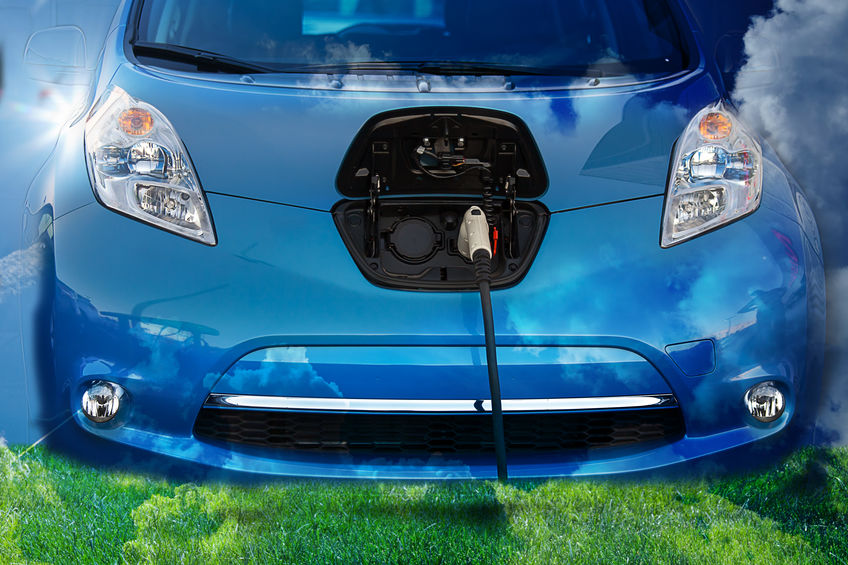
EV weirdness looms large
By David Wojick
People are not excited about buying electric vehicles, so word has it that the Biden administration is gearing up to force us to do it. The trick is to use the so-called Fuel Economy Standards to do it.
The reported target is that at least 40% of car and light truck sales will be electrics by 2030. This is Biden’s favorite target date even though, or perhaps because, he will not be President then.
Technically these are the Corporate Average Fuel Economy or CAFE standards. The way they work is hidden in the name. They do not govern the average fuel use of cars used by corporations, which the name “corporate average” suggests. No, they govern the average fuel economy of cars MADE by corporations.
The way it works will be well hidden. Instead of telling you and me what we can buy, they in effect tell the car makers what they can make. I am not making this up.
The result is rationing and it has been for many years. The car makers limit the production of bigger cars and trucks, with higher fuel consumption, to stay below the standards. In reality what is rationed is stuff like power, size and safety. I have even heard that they raise the prices of big cars to cut the prices of little ones. This is called a cross subsidy.
So it sounds like the CAFE standards are going to be ratcheted down over less than a decade, until 40% of the vehicles sold are EVs. Note that vehicle prices are not part of the CAFE standard, so who knows what this might do to prices.
In fact how it might actually work is a truly weird mystery. Forcing people to buy electric vehicles is not something the CAFE regulations were designed to do, far from it. Sounds like a green nightmare in the making.
Hopefully this abuse of the efficiency standards will be found to be illegal. If it is ever attempted that is. At this point it is all just talk.
But if you think this is weird, take a look at what the Brits are planning for big trucks. Their proposed way of making heavy trucks electric is to run them via overhead wires, at least on the main highways. Still not making it up. Critics are calling them “truck trolleys” and with good reason.
Imagine having hot wires strung just above all the nearly 50,000 miles of interstate highways, carrying enough juice to power all those big trucks. Massive accidents waiting to happen? How about them ice storms?
Seems like the wires will only run over the slow lanes, so maybe just 100,000 miles worth. So to pass or run in the fast lanes the truck disconnects then connects again when it gets back in the slow lanes. Hopefully the driver does not have to participate.
I guess they run the trucks on batteries part time, including when the big rigs leave the big roads. The Brits are ahead of the Americans when it comes to climate craziness, so maybe we have this weird one to look forward to.
The problem is that while a car full of people is light, a trailer or two full of freight can be very heavy. We run a lot of two trailer tandem rigs. So running big freighters on huge batteries does not work. Nor can the truckers sit around for hours waiting for their big rigs to charge. The green American governments have yet to address this wacky problem.
No word in either case, CAFE or truck trolleys, on where all the juice is going to come from. We are talking about an enormous amount of new around-the-clock generating capacity. Highly intermittent wind and solar do not do the job.
If you think subsidized wind and solar power are stupid, wait until they start trying to forcibly electrify car and truck travel. From an engineering point of view 2030 is now.
EV weirdness looms large.
Author
David Wojick
David Wojick, Ph.D. is an independent analyst working at the intersection of science, technology and policy. For origins see http://www.stemed.info/engineer_tackles_confusion.html. For over 100 prior articles for CFACT see http://www.cfact.org/author/david-wojick-ph-d/ Available for confidential research and consulting.
From cfact.org